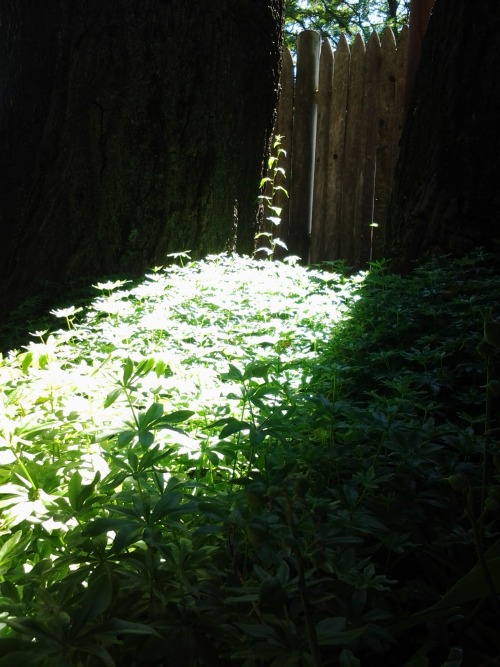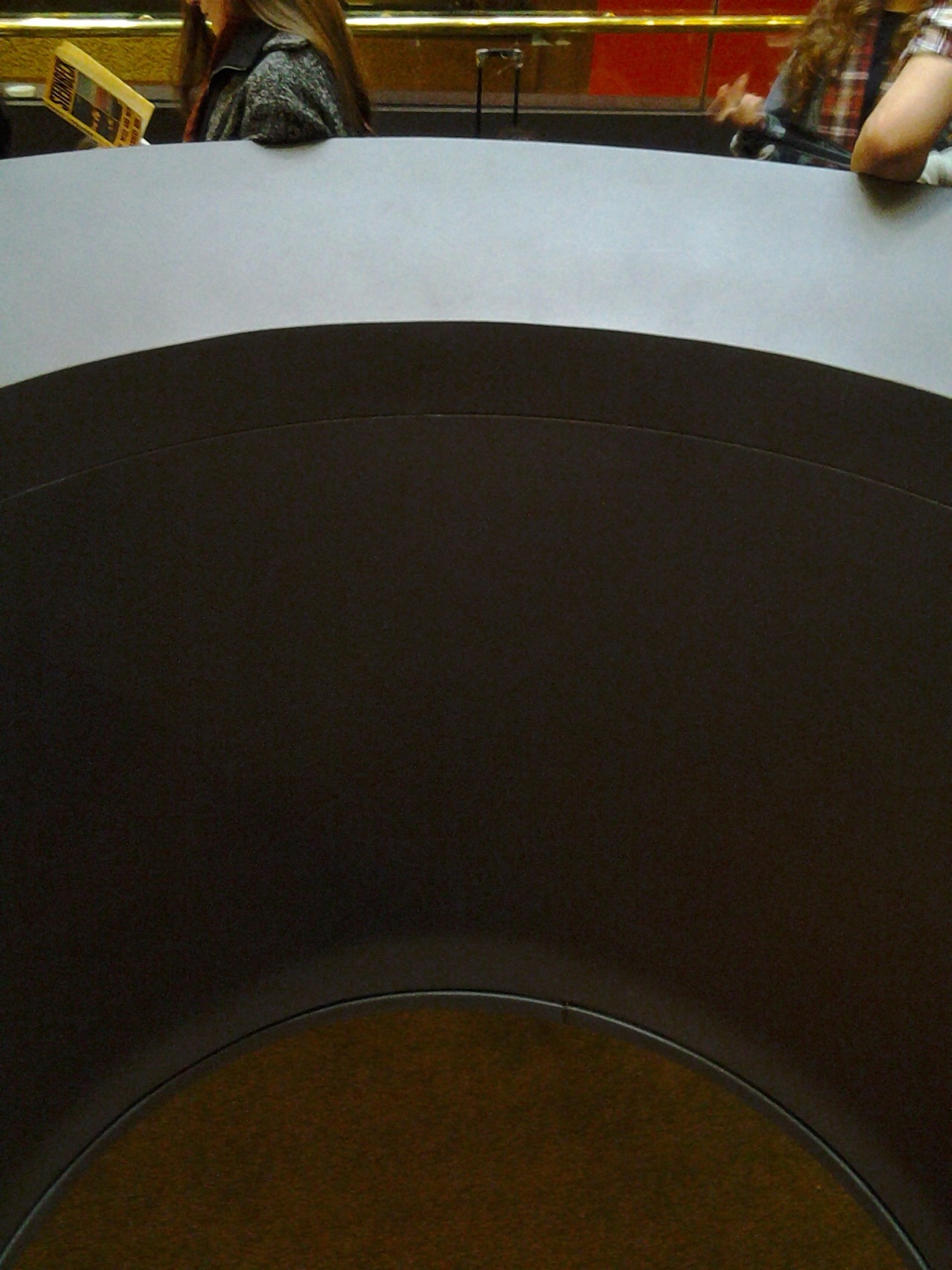It is important to use your hands, this is what distinguishes you from a cow or a computer operator.
Jun 21, 2013
the cow and the computer operator
Posted by
vaughn tan
0
comments
![]()
![]()
Labels: books, decisions, design, epistemology, hands, moral fibre, technology, theory
Jun 20, 2013
rivers of the windfall light



Fern Hill
Now as I was young and easy under the apple boughs
About the lilting house and happy as the grass was green,
The night above the dingle starry,
Time let me hail and climb
Golden in the heydays of his eyes,
And honoured among wagons I was prince of the apple towns
And once below a time I lordly had the trees and leaves
Trail with daisies and barley
Down the rivers of the windfall light.
And as I was green and carefree, famous among the barns
About the happy yard and singing as the farm was home,
In the sun that is young once only,
Time let me play and be
Golden in the mercy of his means,
And green and golden I was huntsman and herdsman, the calves
Sang to my horn, the foxes on the hills barked clear and cold,
And the sabbath rang slowly
In the pebbles of the holy streams.
All the sun long it was running, it was lovely, the hay
Fields high as the house, the tunes from the chimneys, it was air
And playing, lovely and watery
And fire green as grass.
And nightly under the simple stars
As I rode to sleep the owls were bearing the farm away,
All the moon long I heard, blessed among stables, the nightjars
Flying with the ricks, and the horses
Flashing into the dark.
And then to awake, and the farm, like a wanderer white
With the dew, come back, the cock on his shoulder: it was all
Shining, it was Adam and maiden,
The sky gathered again
And the sun grew round that very day.
So it must have been after the birth of the simple light
In the first, spinning place, the spellbound horses walking warm
Out of the whinnying green stable
On to the fields of praise.
And honoured among foxes and pheasants by the gay house
Under the new made clouds and happy as the heart was long,
In the sun born over and over,
I ran my heedless ways,
My wishes raced through the house high hay
And nothing I cared, at my sky blue trades, that time allows
In all his tuneful turning so few and such morning songs
Before the children green and golden
Follow him out of grace.
Nothing I cared, in the lamb white days, that time would take me
Up to the swallow thronged loft by the shadow of my hand,
In the moon that is always rising,
Nor that riding to sleep
I should hear him fly with the high fields
And wake to the farm forever fled from the childless land.
Oh as I was young and easy in the mercy of his means,
Time held me green and dying
Though I sang in my chains like the sea.
dylan thomas; 1945
Jun 18, 2013
tacit, inexplicable knowledge
There’s a lot of work being done today that doesn’t have any soul in it. The technique may be the utmost perfection, yet it is lifeless. It doesn’t have a soul. I hope my furniture has a soul to it. I do not feel that it is possible to make a working drawing with all the intricate and fine details that go into a chair or stool, particularly. Many times, I do not know how a certain area is to be done until I start working with a chisel, rasp or whatever tool is needed for that particular job.
Posted by
vaughn tan
0
comments
![]()
![]()
Labels: ambiguity, art, complexity, craft, dissertation, furniture, instruction, intuition, method, risk, theory, things, uncertainty
Jun 16, 2013
Jun 5, 2013
odyssey

sweetgrass, by lucien castaing-taylor and ilisa barbash, documents an instance of the long-standing practice of grazing private livestock on public land: the summer pasturing of several herds of sheep in the montana mountains. in 2003, we trailed a sheep band during our poorly planned foray into the bridger-teton wilderness in wyoming's wind river mountains; for ten days, we walked through montane forests filled with crushed saplings and grassy bowls stripped of grass and roiled into mud. public land grazing is perhaps ill-suited to the scale of industrial ranching.
but this is incidental in sweetgrass. for much of the film, the camera is the stable lens into a world of sheep, dogs, and people running, walking, eating, and being frustrated at each other; it achieves the appearance of the true ethnographic eye—invisible to the participants and capturing the range of their daily experience.
remarkable and worthwhile.
Posted by
vaughn tan
0
comments
![]()
![]()
Labels: dogs, execution success, films
Jun 4, 2013
the german tradition
Volkmar Arnulf stresses that to him bespoke tailoring is about the customer’s need, not imposing a style on the customer ... As a tailor you are embedded in a certain history of tailoring but a first-class bespoke tailor should try to find out what serves the customer using all his knowledge and tools. "I always try to figure out, which line will make the customer look as good as he possibly can. Later, when striking the pattern, I apply various thought models to reach the right result ... How can a computer do that?"
Posted by
vaughn tan
0
comments
![]()
![]()
Labels: craft

